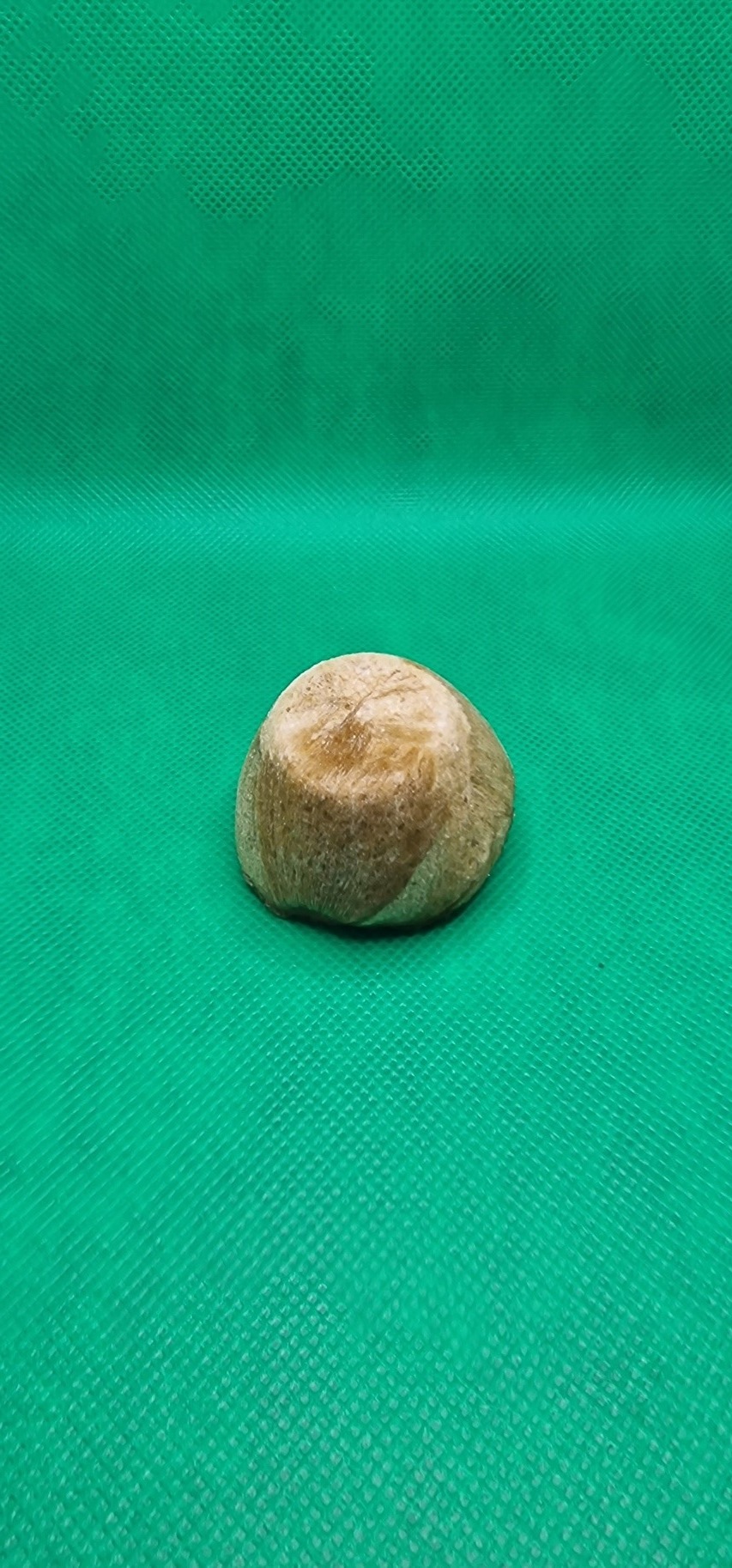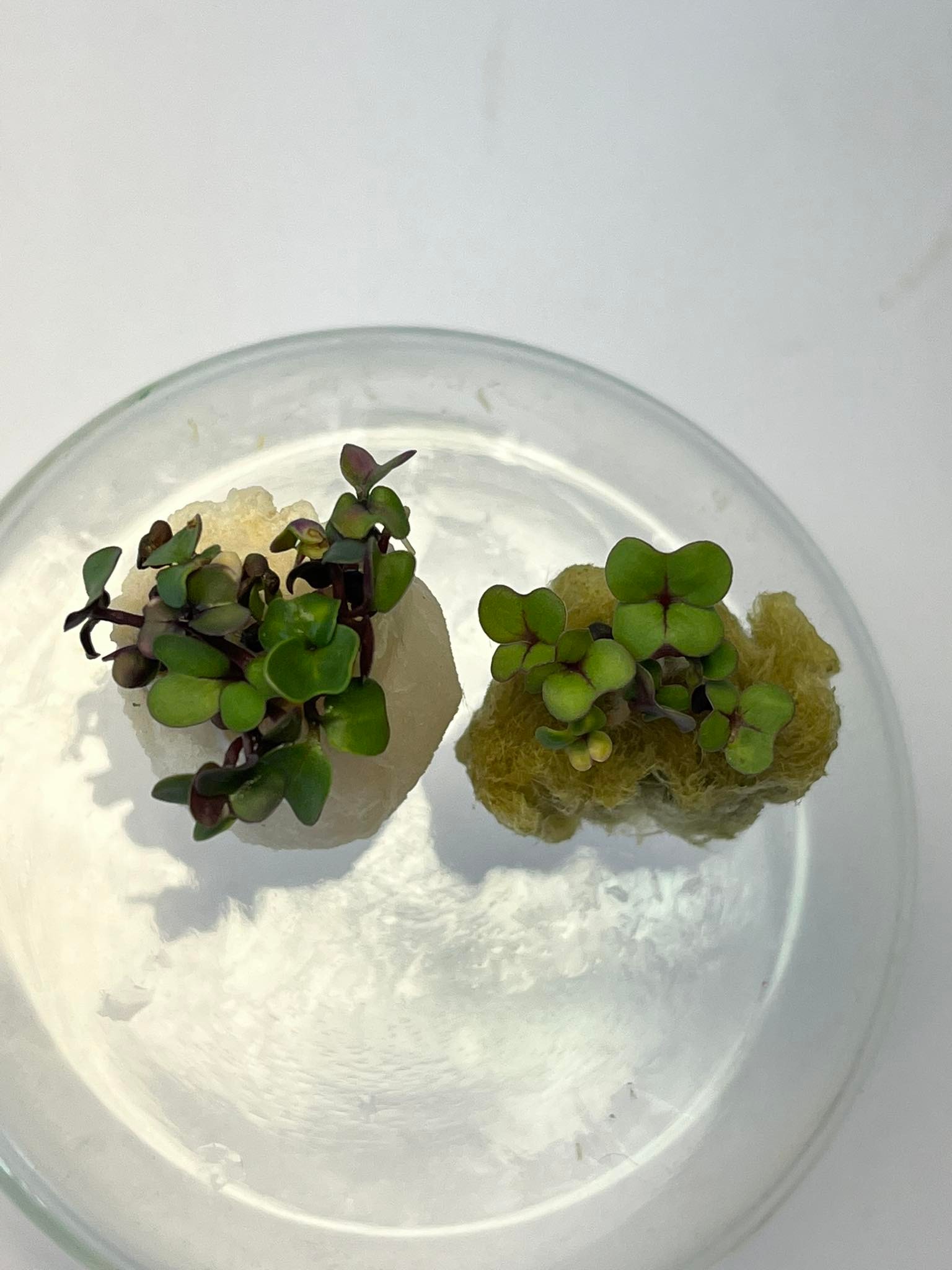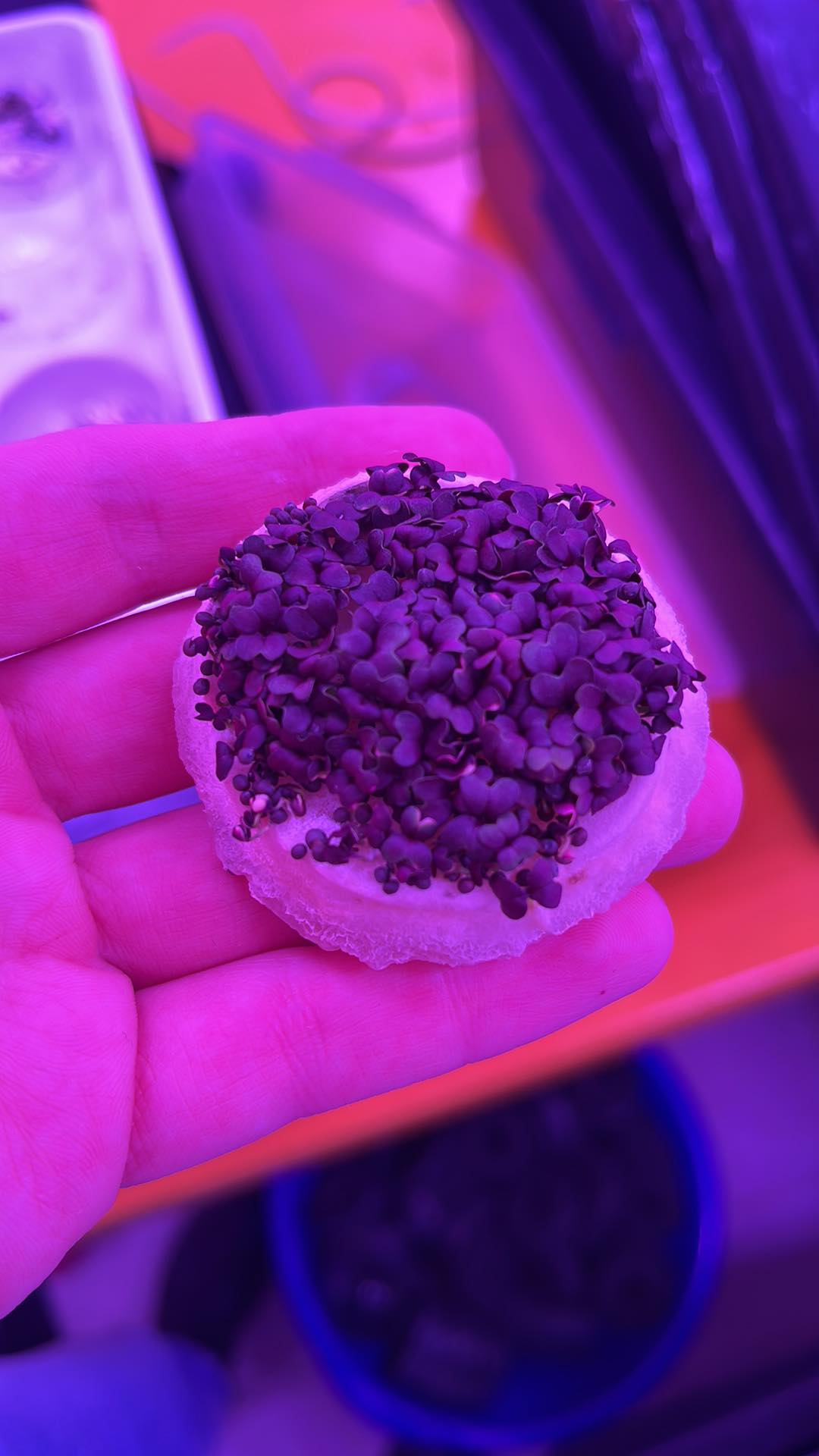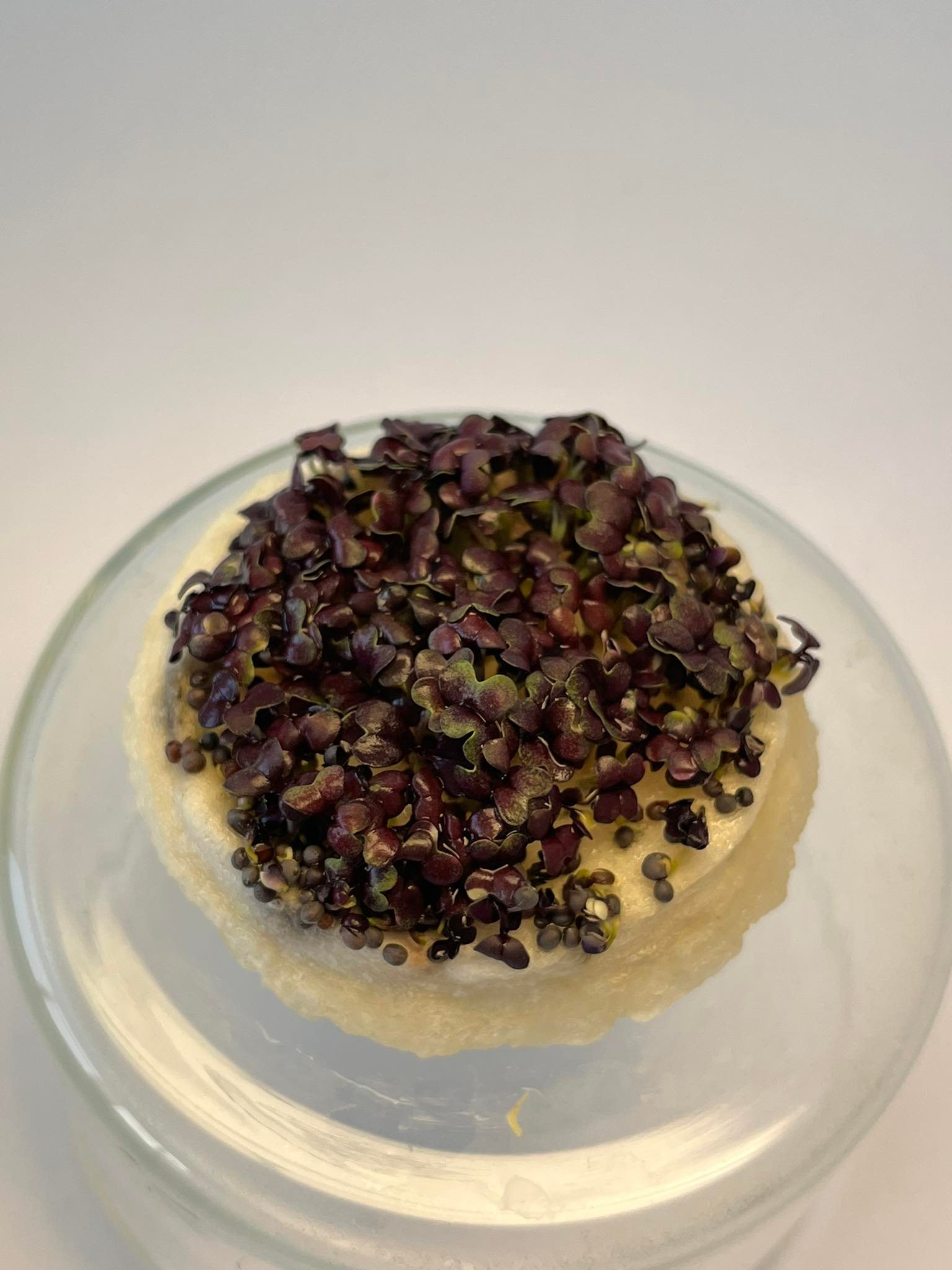MULTIFNCTIONAL GREEN BIO COMPOSITE FOR SUSTAINABLE GROWTH OF PLANTS AND FUNGI








70-100 %. It's hard to believe, but only 8 % of the world's land is cultivated, and we must find solutions to increase food production. Soilless culture means growing plants and mushrooms in substrates other than soil. But current substrates are a global problem.
We have a vision for a radically new and deep technology that could make a real difference to our lives and nature – a green multifunctional biocomposite.
The aim of the project is to create and investigate a multifunctional biodegradable biocomposite for plants and mushrooms grown under controlled environmental conditions. This technology will enable the progress of sustainable and functional biomaterials and nanomaterials toward sustainable production and safe-super food translation. Thus, proving and setting a general, viable paradigm of multifunctional, biodegradable biocomposite enabling the highest quality of plants and mushrooms. As a result, Europe's position will be strengthened and become a leader in green technologies, affecting the quality of life and the population's well-being.
The Lithuanian Research Centre for Agriculture and Forestry is a state research institute. The Centre’s strategic objective is to conduct R&D in the fields of agronomy and forestry and the related fields of ecology and environmental sciences, biology, biophysics, botany and zoology. In 2022, the Centre employed a total staff of 473, including 178 researchers and trained 67 doctoral students. Research, various scientific programmes and projects are carried out at the Centre. Researchers are involved in national (funded by the Lithuanian Research Council, Ministry of Environment, Ministry of Agriculture, Ministry of Economy and other state authorities) and international projects (funded from HORIZON EUROPE, HORIZON 2020, European Territorial Co-operation and other EU funds). The Centre conducts breeding programmes for major field and garden crops, pome, stone and berry fruit crops. More than 490 varieties of field, orchard and garden crops have been developed in the branches of the Centre since the beginning of plant breeding in Lithuania (1922). Many of them are successfully grown in Lithuania, neighbouring and other countries. The developed varieties are included in the Lithuanian National List of Plant Varieties and in the EU Common Catalogue of Varieties of Agricultural Plant Species.
Name:Aiste Balciunaitiene
Phone:
Address:Instituto av. 1, Akademija, LT-58344 Kėdainiai distr., LITHUANIA
Dianthus ‘Taitung No.1 Fragrance Cloud’‘Taitung No.2 Fragrance Summer’‘ Taitung No.3 Fragrance Pink’
SWIVAC ERA, Recombinant subunit vaccine for Swine Erysipelas contained for the first time in the word, and product series
Emblica Variety Miaoli No. 2 and Quality Control Technology for Health Care Product Processing
Using novel BPH-resistant rice to establish an Intelligent BPH-monitoring system and efficient BPH resistance screening techniques
Technology maturity:Prototype
Exhibiting purpose:Display of scientific results
Trading preferences:Negotiate by self
*Organization
*Name
*Phone
*Main Purpose
*Discuss Further
*Job Category
*Overall Rating
*Favorite Area
*Key Tech Focus
*Willing to Receive Updates?
Other Suggestions
Coming soon!